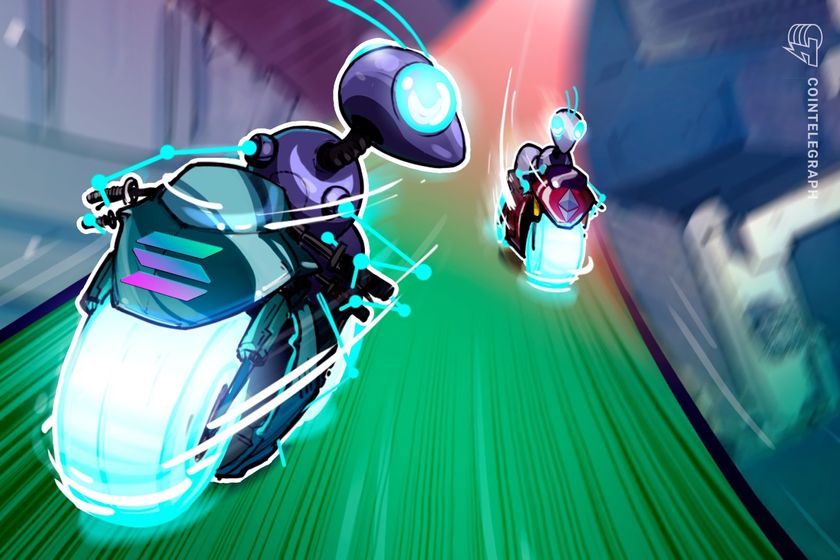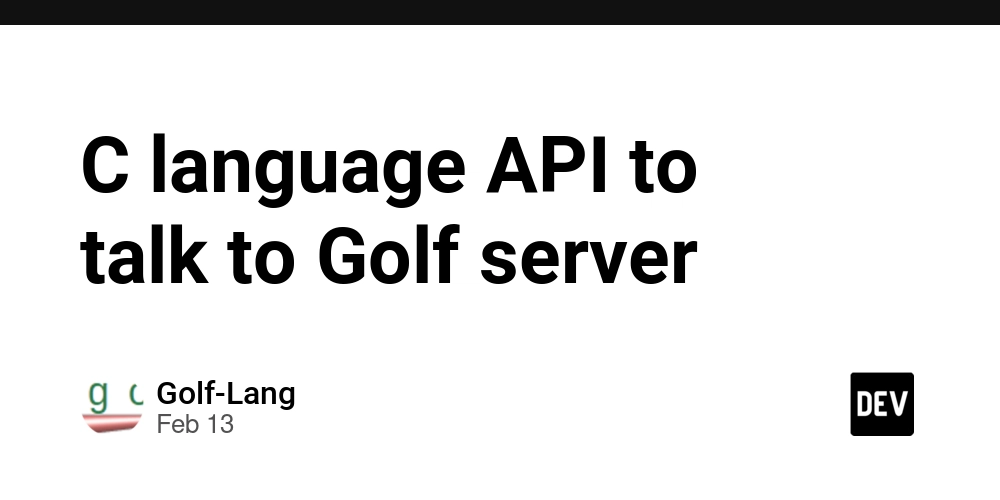Why Every Developer Should Pick Up a Pen (or Keyboard) as They Grow
Hey, fellow code wranglers! Let’s talk about something that might not be on your radar yet but absolutely should be as you level up in your coding career: writing. Yep, I’m saying it—developers should be writers. Before you close this tab and mutter, “I signed up for VS Code, not WordPress,” hear me out. Writing isn’t just for bloggers or that one teammate who over-documents everything (you know who I mean). It’s a superpower that can transform your career, sharpen your skills, and make you a better coder. Here’s why. 1. Writing Forces You to Think Clearly Ever heard of the Feynman Technique? It’s the idea that you don’t truly understand something until you can explain it simply. Writing is like that, but with a keyboard and a deadline (self-imposed or otherwise). When you sit down to explain a tricky algorithm, a clever workaround, or even why you chose TypeScript over JavaScript for that last project, you’re forced to untangle the mess in your head. It’s debugging for your brain. I’ve been there—staring at a block of code that works but I couldn’t explain why it works. Writing it out—whether for a README, a team wiki, or a quick blog post—made me realize where my logic was fuzzy. The act of putting thoughts into words is like pair programming with yourself. You’ll spot gaps, refine your approach, and come out a sharper developer. 2. It’s Your Career’s Secret Weapon Let’s get real: coding skills alone won’t always get you to that senior dev or tech lead spot. Communication is the differentiator. Writing is how you showcase your expertise beyond the pull request. A well-crafted post about that gnarly bug you squashed or a tutorial on integrating a new API can catch the eye of recruiters, managers, or even that open-source maintainer you’ve been dying to impress. I started jotting down my coding adventures a few years back—nothing fancy, just “here’s how I fixed this” or “this framework saved my bacon.” Next thing I knew, a hiring manager reached out because they’d seen my post on optimizing React renders. Writing builds your personal brand without you having to awkwardly humblebrag in Slack. It’s proof you know your stuff and can share it. 3. Documentation Is Your Legacy (and Everyone’s Lifeline) Raise your hand if you’ve ever cursed a cryptic codebase with zero comments or a README that just says “Run npm install.” (I see you nodding.) Writing isn’t optional when you’re on a team—it’s a lifeline. As you progress, you’re not just coding for yourself anymore; you’re coding for the poor soul who inherits your work. Good documentation, clear commit messages, and concise explanations save hours of head-scratching. Think of it like leaving Easter eggs for future devs (or future you). I once revisited a project I’d written six months earlier, and my own notes were the only thing keeping me sane. Writing as you go turns you into a hero, not a mystery. 4. You’ll Teach, and You’ll Learn Here’s the kicker: writing about coding doesn’t just help others—it levels you up. Teaching forces you to dig deeper. That post you write about async/await might lead you down a rabbit hole of JavaScript event loops you never fully grokked. The questions you get in the comments? They’ll push you to refine your understanding. It’s a feedback loop of growth. I wrote a piece once about CSS Grid, thinking I had it nailed. A reader pointed out a use case I’d missed, and boom—I learned something new. Writing puts you in the driver’s seat of your own education. 5. The Community Needs Your Voice Dev.to, GitHub, your company blog—there’s a whole world out there hungry for real-world insights. Not every developer has the time or knack to break down complex stuff into digestible chunks, but as you grow, you’ve got stories worth sharing. That hack you figured out at 2 a.m.? The way you tamed a legacy codebase? Someone’s Googling that right now, and your words could be their “aha!” moment. Plus, writing connects you to the community. You’re not just a coder in a cubicle—you’re part of a global network swapping ideas, solutions, and memes. (Okay, maybe not memes, but you get it.) How to Start? Keep It Simple Don’t overthink it. You don’t need a novel. Start small: Comment your code like you’re explaining it to a newbie. Write a quick “TIL” (Today I Learned) post about something you figured out. Share a snippet on Dev.to or Twitter—two paragraphs is plenty. Document one process at work that’s always a pain to explain. Over time, it’ll feel as natural as console.log. I promise. The Bottom Line Writing isn’t a detour from coding—it’s a parallel track that makes you better at it. It clarifies your thinking, boosts your career, saves your team, and gives back to the community. So, next time you solve a problem or learn something cool, don’t just close the IDE. Open a doc, type a few lines, and watch what happens. You’re a developer, sure—but you’ve got a writer in you too. L

Hey, fellow code wranglers! Let’s talk about something that might not be on your radar yet but absolutely should be as you level up in your coding career: writing. Yep, I’m saying it—developers should be writers. Before you close this tab and mutter, “I signed up for VS Code, not WordPress,” hear me out. Writing isn’t just for bloggers or that one teammate who over-documents everything (you know who I mean). It’s a superpower that can transform your career, sharpen your skills, and make you a better coder. Here’s why.
1. Writing Forces You to Think Clearly
Ever heard of the Feynman Technique? It’s the idea that you don’t truly understand something until you can explain it simply. Writing is like that, but with a keyboard and a deadline (self-imposed or otherwise). When you sit down to explain a tricky algorithm, a clever workaround, or even why you chose TypeScript over JavaScript for that last project, you’re forced to untangle the mess in your head. It’s debugging for your brain.
I’ve been there—staring at a block of code that works but I couldn’t explain why it works. Writing it out—whether for a README, a team wiki, or a quick blog post—made me realize where my logic was fuzzy. The act of putting thoughts into words is like pair programming with yourself. You’ll spot gaps, refine your approach, and come out a sharper developer.
2. It’s Your Career’s Secret Weapon
Let’s get real: coding skills alone won’t always get you to that senior dev or tech lead spot. Communication is the differentiator. Writing is how you showcase your expertise beyond the pull request. A well-crafted post about that gnarly bug you squashed or a tutorial on integrating a new API can catch the eye of recruiters, managers, or even that open-source maintainer you’ve been dying to impress.
I started jotting down my coding adventures a few years back—nothing fancy, just “here’s how I fixed this” or “this framework saved my bacon.” Next thing I knew, a hiring manager reached out because they’d seen my post on optimizing React renders. Writing builds your personal brand without you having to awkwardly humblebrag in Slack. It’s proof you know your stuff and can share it.
3. Documentation Is Your Legacy (and Everyone’s Lifeline)
Raise your hand if you’ve ever cursed a cryptic codebase with zero comments or a README that just says “Run npm install.” (I see you nodding.) Writing isn’t optional when you’re on a team—it’s a lifeline. As you progress, you’re not just coding for yourself anymore; you’re coding for the poor soul who inherits your work. Good documentation, clear commit messages, and concise explanations save hours of head-scratching.
Think of it like leaving Easter eggs for future devs (or future you). I once revisited a project I’d written six months earlier, and my own notes were the only thing keeping me sane. Writing as you go turns you into a hero, not a mystery.
4. You’ll Teach, and You’ll Learn
Here’s the kicker: writing about coding doesn’t just help others—it levels you up. Teaching forces you to dig deeper. That post you write about async/await might lead you down a rabbit hole of JavaScript event loops you never fully grokked. The questions you get in the comments? They’ll push you to refine your understanding. It’s a feedback loop of growth.
I wrote a piece once about CSS Grid, thinking I had it nailed. A reader pointed out a use case I’d missed, and boom—I learned something new. Writing puts you in the driver’s seat of your own education.
5. The Community Needs Your Voice
Dev.to, GitHub, your company blog—there’s a whole world out there hungry for real-world insights. Not every developer has the time or knack to break down complex stuff into digestible chunks, but as you grow, you’ve got stories worth sharing. That hack you figured out at 2 a.m.? The way you tamed a legacy codebase? Someone’s Googling that right now, and your words could be their “aha!” moment.
Plus, writing connects you to the community. You’re not just a coder in a cubicle—you’re part of a global network swapping ideas, solutions, and memes. (Okay, maybe not memes, but you get it.)
How to Start? Keep It Simple
Don’t overthink it. You don’t need a novel. Start small:
Comment your code like you’re explaining it to a newbie.
Write a quick “TIL” (Today I Learned) post about something you figured out.
Share a snippet on Dev.to or Twitter—two paragraphs is plenty.
Document one process at work that’s always a pain to explain.
Over time, it’ll feel as natural as console.log. I promise.
The Bottom Line
Writing isn’t a detour from coding—it’s a parallel track that makes you better at it. It clarifies your thinking, boosts your career, saves your team, and gives back to the community. So, next time you solve a problem or learn something cool, don’t just close the IDE. Open a doc, type a few lines, and watch what happens. You’re a developer, sure—but you’ve got a writer in you too. Let’s get those words flowing!
What do you think—have you tried writing about your code? Drop a comment and let’s swap stories!


























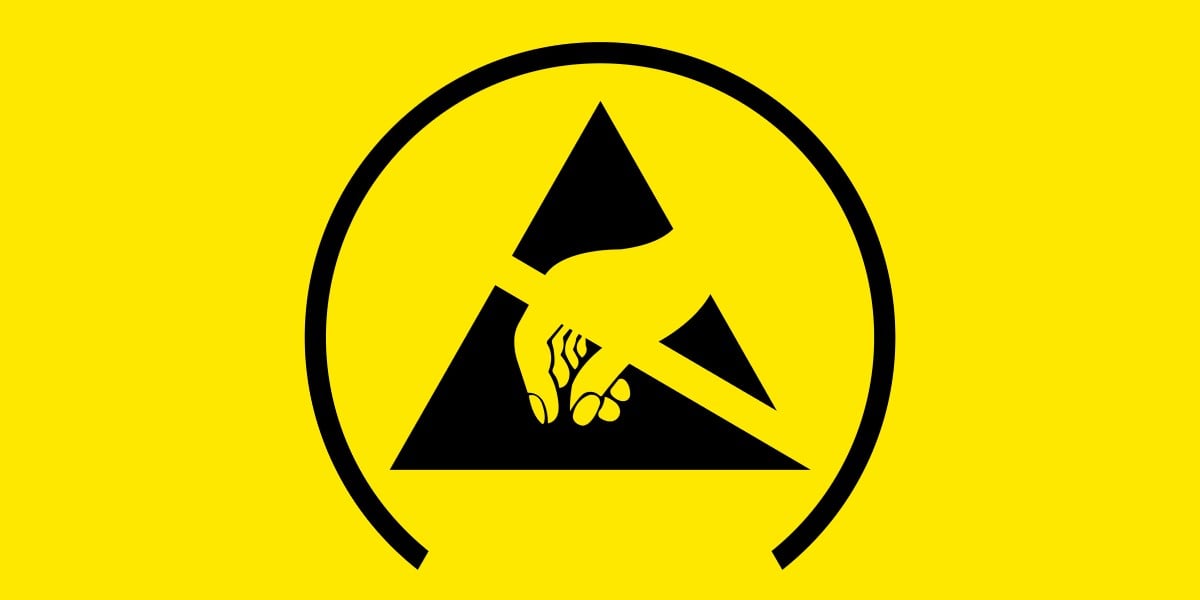















































































































































![[The AI Show Episode 143]: ChatGPT Revenue Surge, New AGI Timelines, Amazon’s AI Agent, Claude for Education, Model Context Protocol & LLMs Pass the Turing Test](https://www.marketingaiinstitute.com/hubfs/ep%20143%20cover.png)







































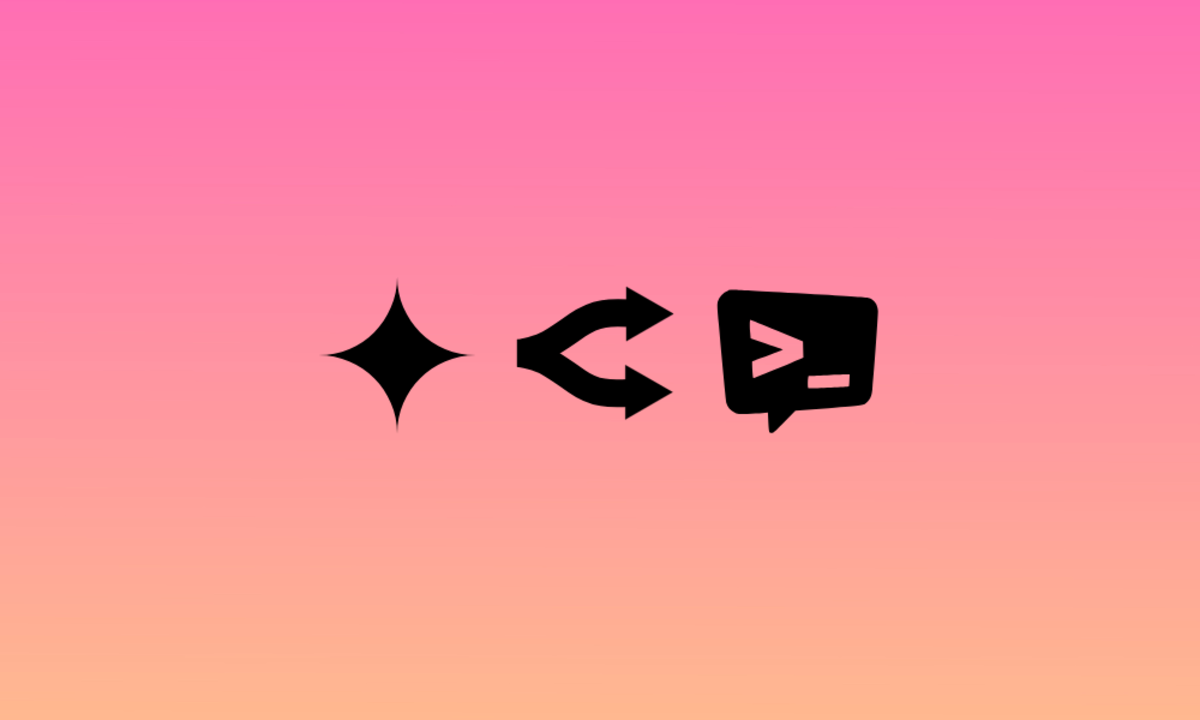




































































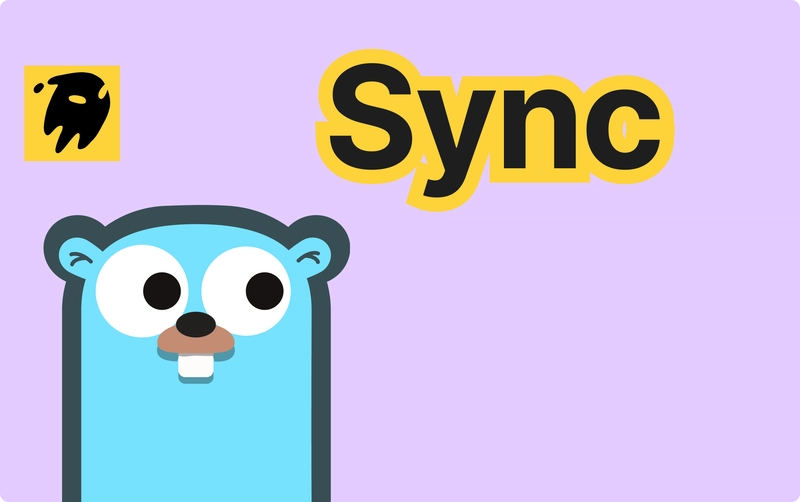
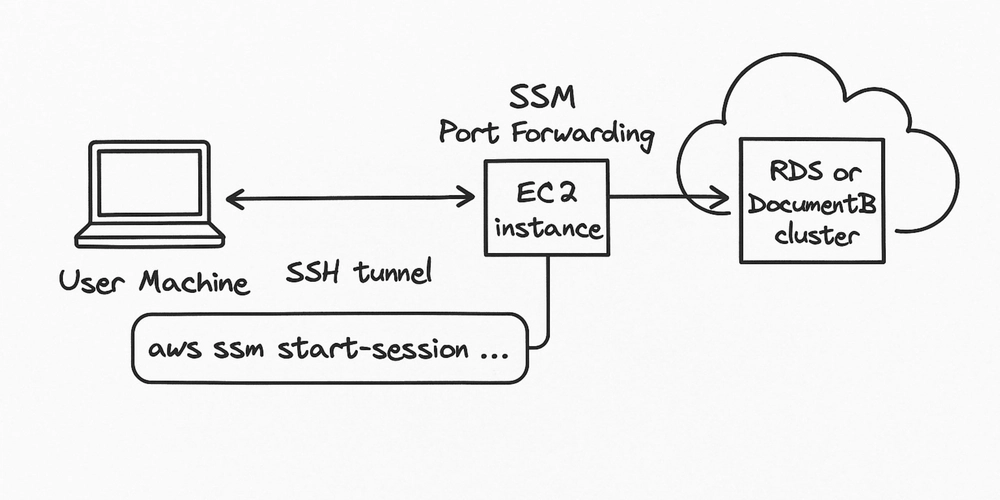












![From Accountant to Data Engineer with Alyson La [Podcast #168]](https://cdn.hashnode.com/res/hashnode/image/upload/v1744420903260/fae4b593-d653-41eb-b70b-031591aa2f35.png?#)






























































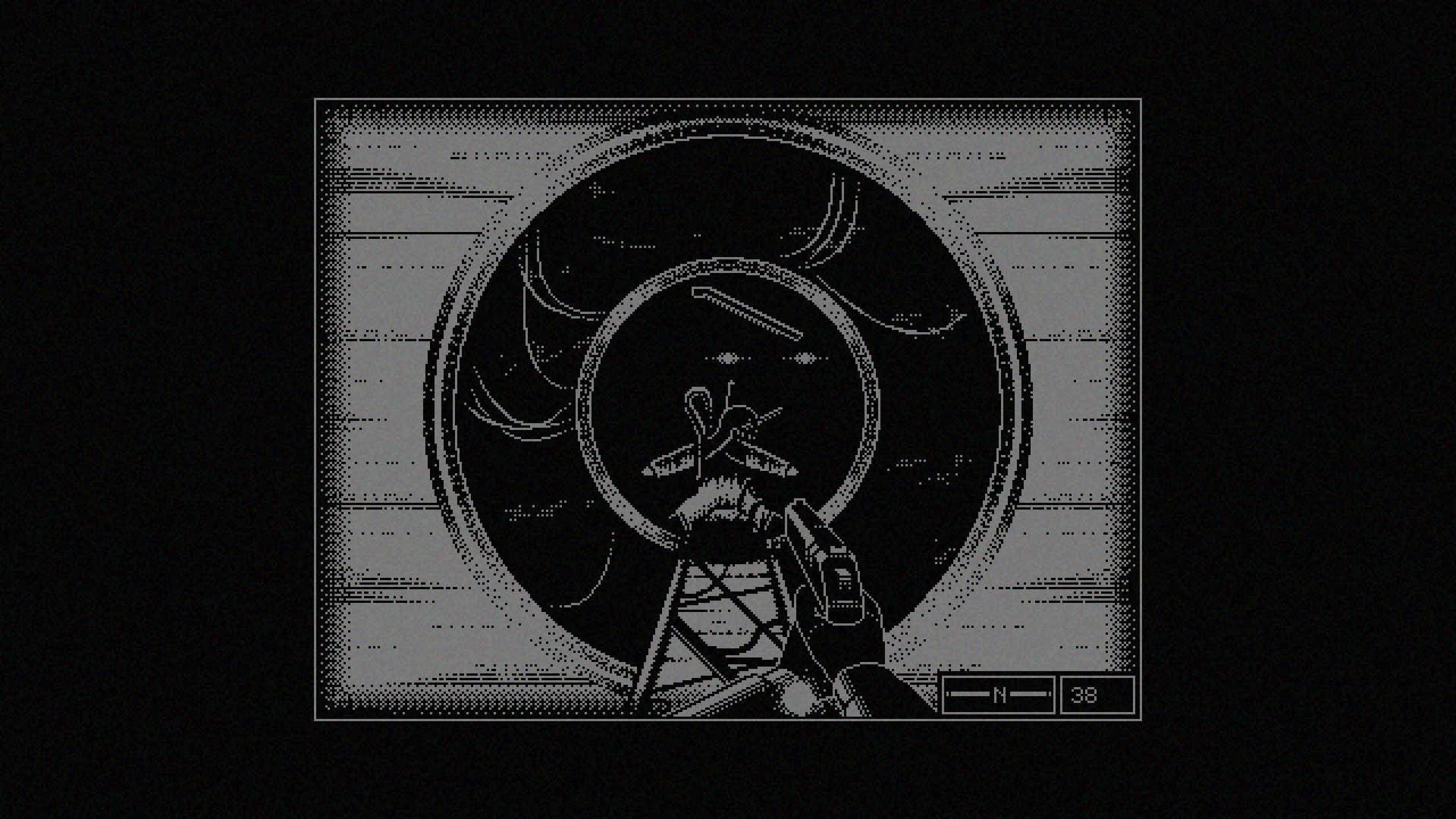









































.png?#)























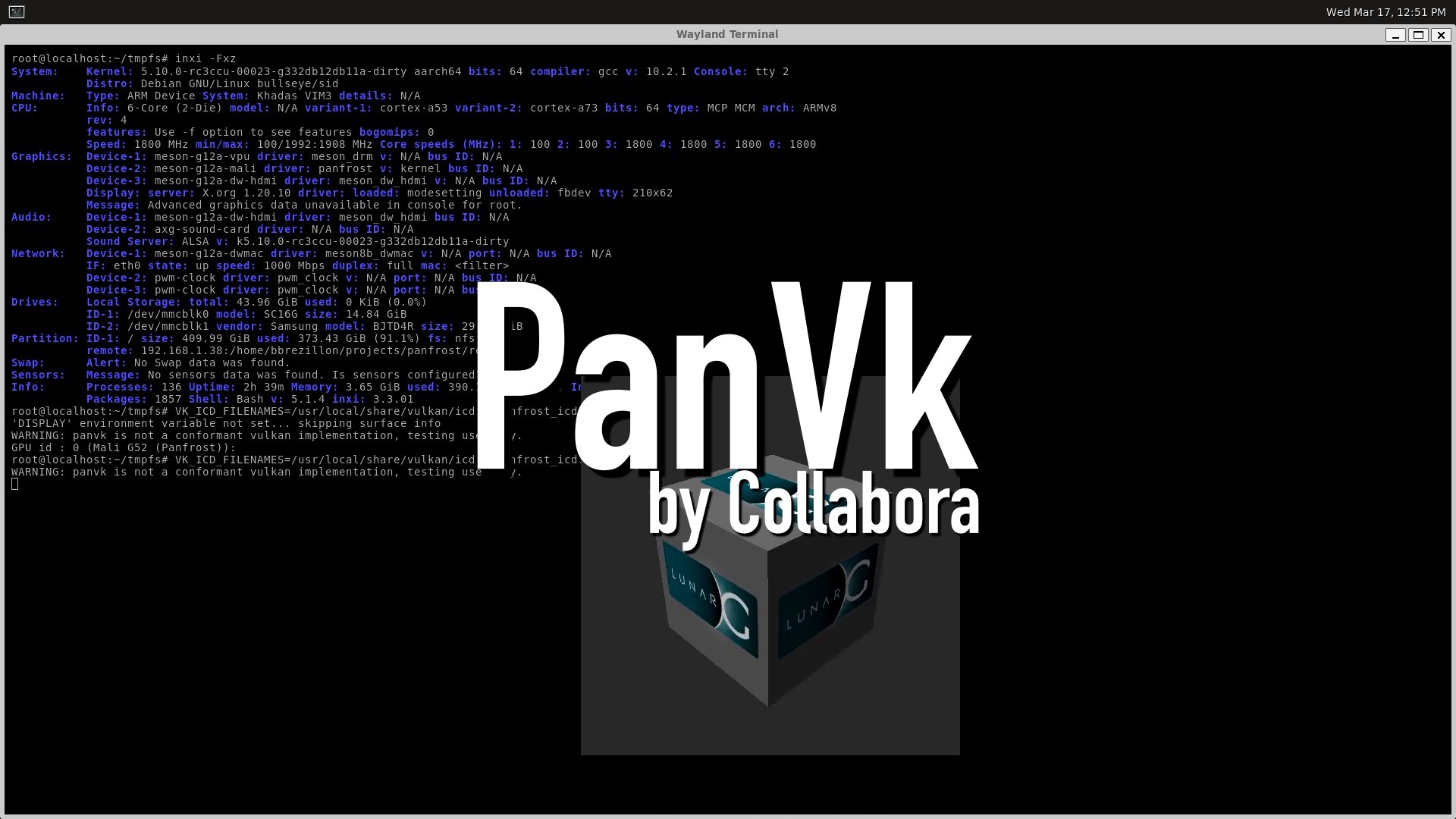










_John_Williams_RF_Alamy.jpg?width=1280&auto=webp&quality=80&disable=upscale#)


.webp?#)
.webp?#)





















































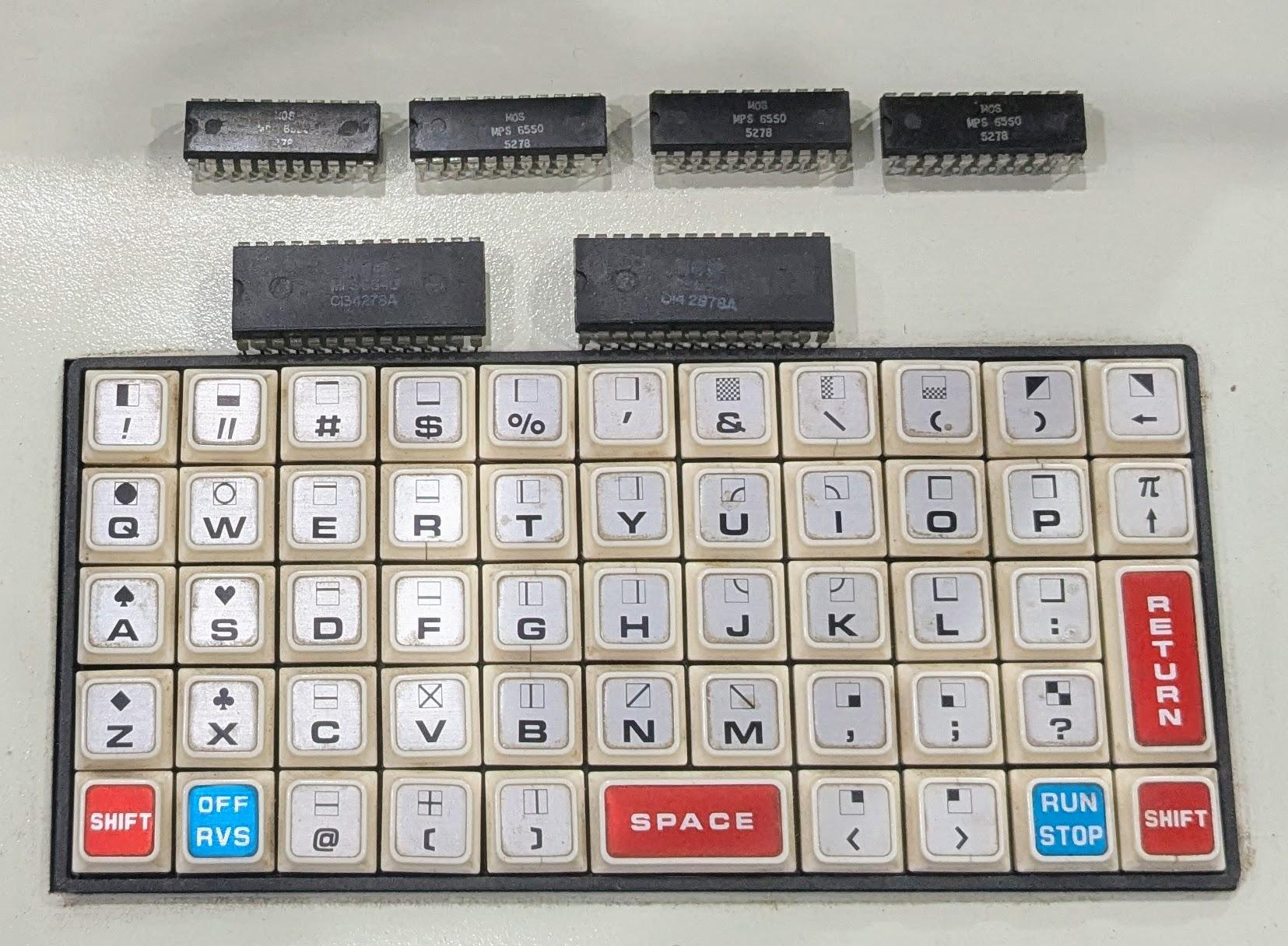































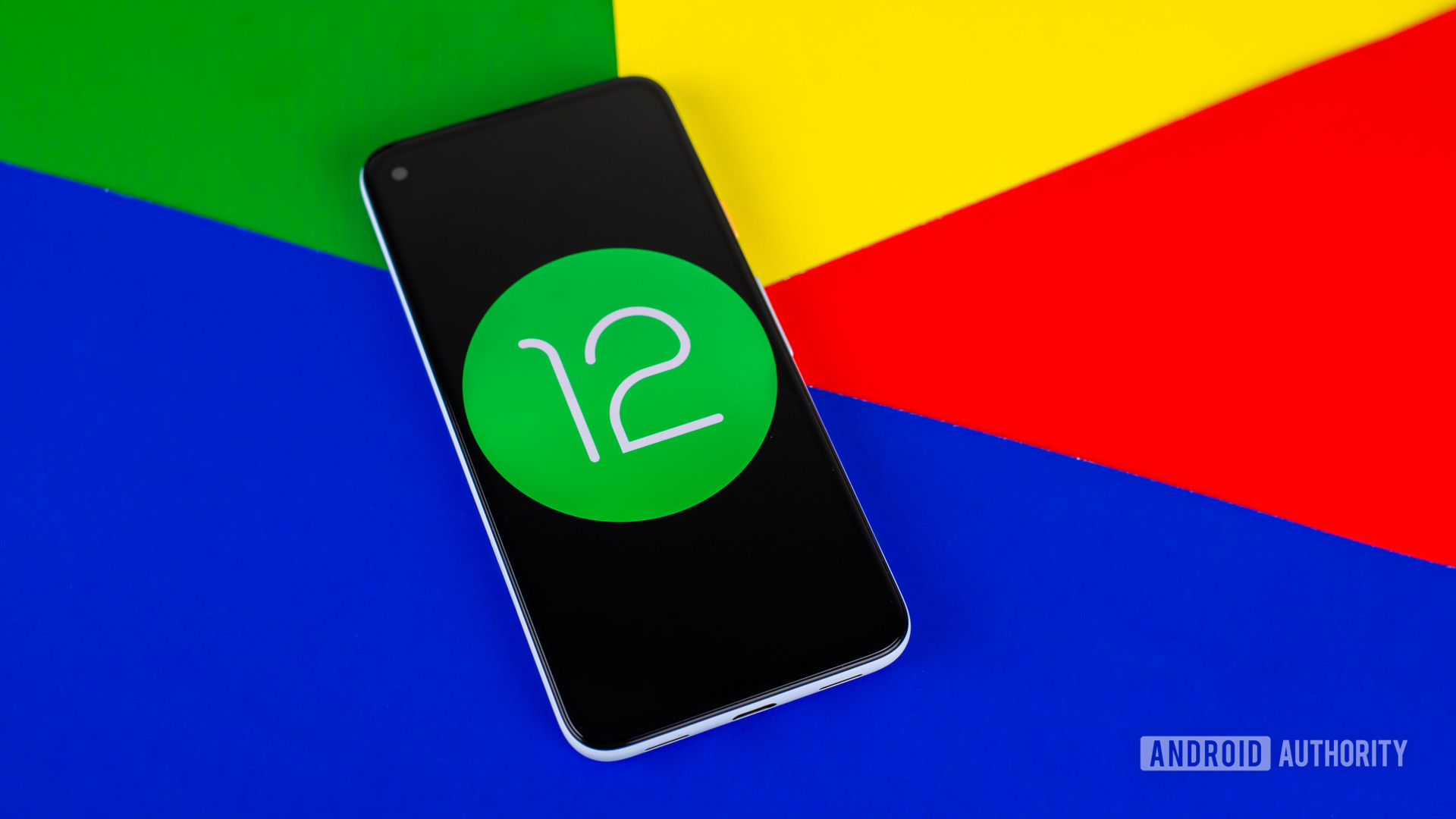






![One UI 8 leak shows off that Samsung’s Android 16 update will be small [Gallery]](https://i0.wp.com/9to5google.com/wp-content/uploads/sites/4/2024/12/Recents-app-menu-in-One-UI-7.0.jpg?resize=1200%2C628&quality=82&strip=all&ssl=1)














![Apple Takes Global Smartphone Lead in Q1 2025 with iPhone 16e Launch [Chart]](https://www.iclarified.com/images/news/97004/97004/97004-640.jpg)

![iPadOS 19 Will Be More Like macOS [Gurman]](https://www.iclarified.com/images/news/97001/97001/97001-640.jpg)






























































































































